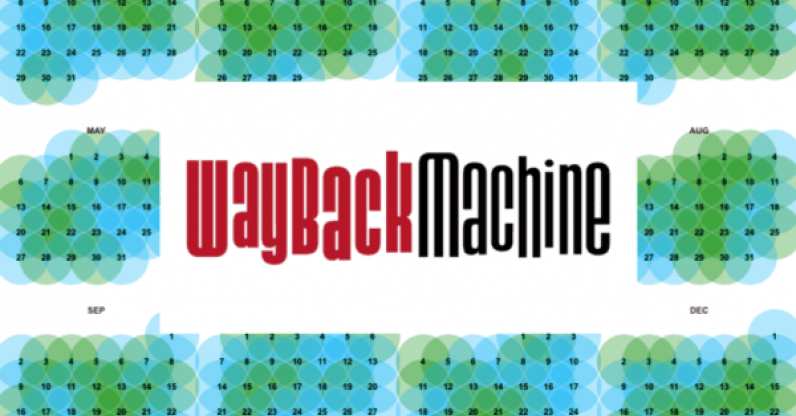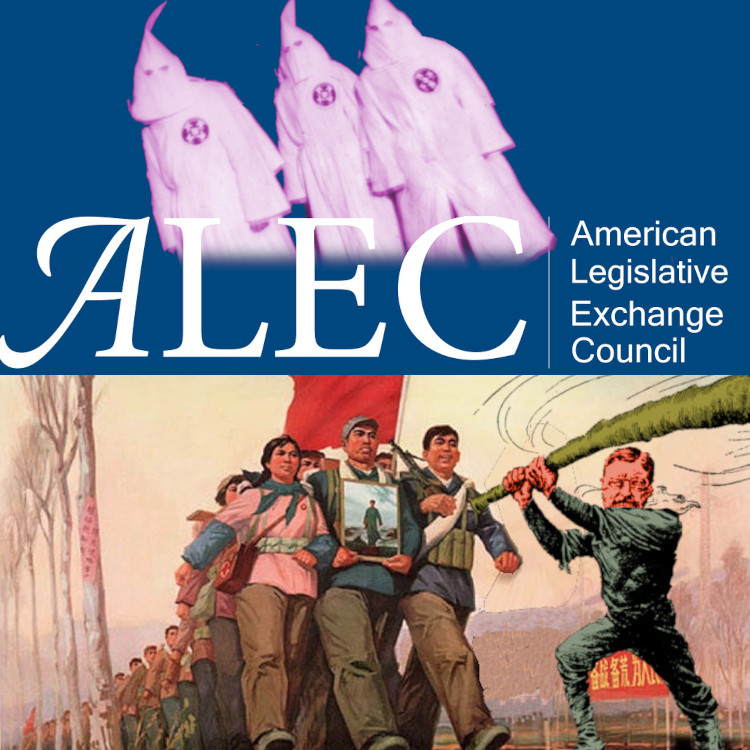
Jayne Mansfield in Dog Eat Dog (1962) admiralplaceholder.tumblr.com/post/647499442…
Jayne Mansfield in Dog Eat Dog (1962) admiralplaceholder.tumblr.com/post/647499442…
Jayne Mansfield in Dog Eat Dog (1962) admiralplaceholder.tumblr.com/post/647499442…
Jayne Mansfield in Dog Eat Dog (1962) admiralplaceholder.tumblr.com/post/647499442…
Jayne Mansfield in Dog Eat Dog (1962) admiralplaceholder.tumblr.com/post/647499442…
Jayne Mansfield in Dog Eat Dog (1962) admiralplaceholder.tumblr.com/post/647499442…
• • •
Missing some Tweet in this thread? You can try to
force a refresh











